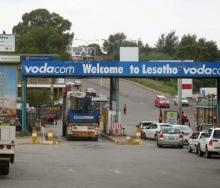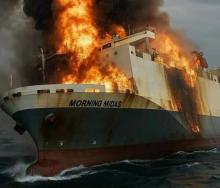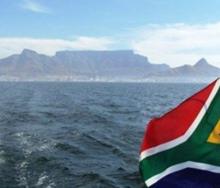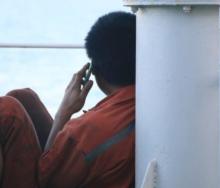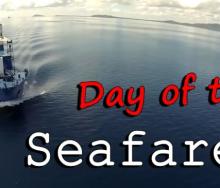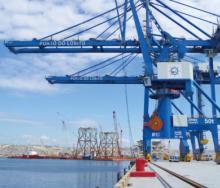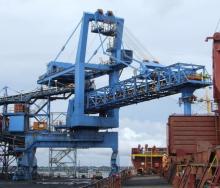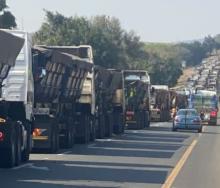Containerised cargo and general loads run between the intermodal depot of City Deep in Johannesburg and the Port of Durban would be prioritised as part of the state-owned logistics utility’s programme to open its network to third-party operators, Transnet Freight Rail (TFR) indicated earlier today.
The long-awaited process, eagerly anticipated since it was announced during President Cyril Ramaphosa’s State of the Nation Address in February, finally got under way today during a media briefing addressed by Public Enterprises Minister Pravin Gordhan and Transnet CEO Portia Derby.
As part of Phase 1 of the 3rd Party Access initiative, six slots will be advertised by TFR from today on a voetstoots basis in what Derby described as an “open and transparent process”.
The initial slots will have a capacity cap of 50 wagon trains with what is called a “design schedule running time of 18 hours between City Deep and Durban”.
However, TFR has made an allowance to double operating time on the container corridor between Gauteng and Ethekwini because of regular disruption of its system.
It says: “Due to abnormal working across the corridor and (the) high frequency of theft and vandalism of infrastructure, actual time (is) at an average of 36 hours.”
What wasn’t quite clear during the presentation was Transnet making an allowance for additional access coming in from Polokwane via Pretoria and from Bethlehem to Danskraal and onto Durban.
TFR explained though that it was experiencing “community encroachment” challenges on the section of the line between Pretoria and Rietvallei.
Securing the country’s rail network now that sections of it will be opened to third-party freighters proved to be a major concern during today’s presentation, with several questions aimed at probing TFR whose responsibility it will be.
According to Ali Motala, general manager for strategy at TFR, the security of property on the country’s railway system is a massive undertaking beyond the scope of Transnet alone, suggesting that third party operators will have to see to it themselves.
Elaborating on additional capacity should the six slots from City Deep to Durban not be filled, it was explained that grain flows from Bethlehem to Danskraal and onto the port would be considered.
TFR says: “Should there be slots available to Durban due to low uptake of container slots, opportunity exists to avail slots between Bethlehem and the Durban complex for grain.”
The same applies to at least 10 slots that may become available on the line from Springfontein in the Free State to the Port of East London in the Eastern Cape.
Bessie Mabunda, TFR’s general manager for planning and its Operations Command Centre, emphasised that the initial six slots would be made immediately available – “as soon as the process has been concluded and third-party operating companies have been appointed, and they have the requisite permits from the Railway Safety Regulator and they have rolling stock to operate”.

